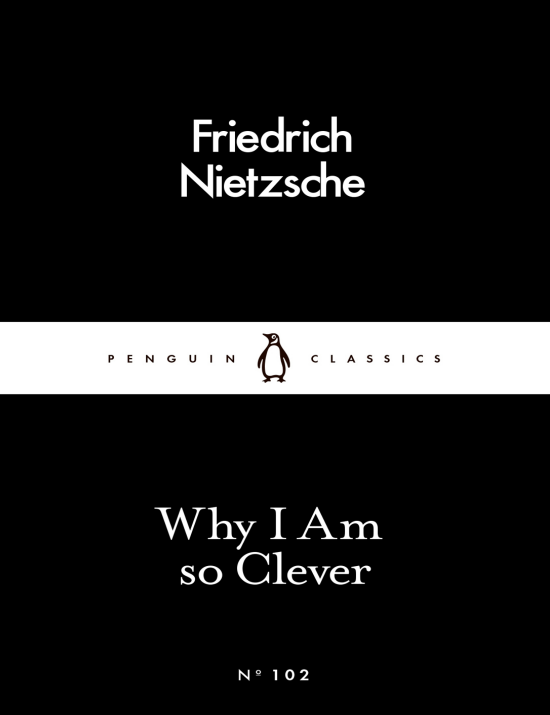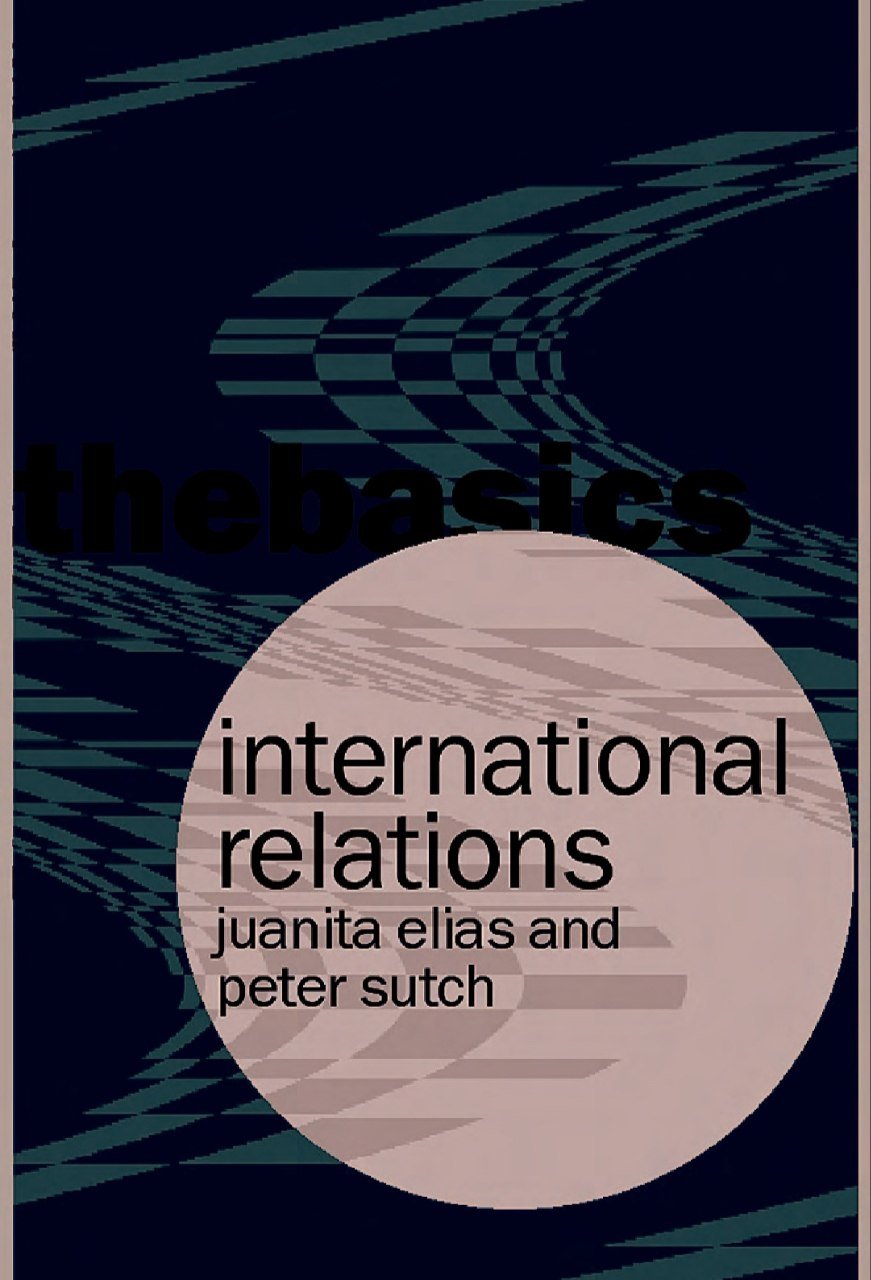

Gilles Deleuze’s Luminous Philosophy by Hanjo Berressem
Reviews
No review yet. Be the first to review this book!
Description
Gilles Deleuze’s Luminous Philosophy by Hanjo Berressem is a comprehensive and insightful exploration of Deleuze’s philosophical work, offering readers an illuminating journey through the complex landscapes of his thought. Berressem approaches Deleuze’s philosophy as a radiant, energetic system that defies traditional structures and binaries, instead embracing multiplicity, becoming, and immanence. The book presents Deleuze as a thinker who not only redefines the foundations of metaphysics but also provides new ways of understanding ethics, aesthetics, politics, and the very nature of life. Berressem delves into Deleuze’s central philosophical concerns, including his critiques of representation, identity, and fixed being. Instead of static categories, Deleuze champions a world of flows, intensities, and differential relations. His concepts of difference, repetition, and desire are framed by Berressem as part of an affirmative, creative philosophy that seeks to construct new forms of thinking and living. The luminous aspect of Deleuze’s philosophy lies in its emphasis on lightness, movement, and the perpetual generation of new possibilities. One of the core themes Berressem explores is Deleuze’s idea of becoming—an ongoing, transformative process that resists closure or completion. Deleuze’s philosophy is not about arriving at definitive truths but about opening spaces for continuous experimentation and creation. Berressem emphasizes how Deleuze’s thought, particularly through his collaborations with Félix Guattari, develops an ontology of immanence, where life is seen as an interconnected field of singularities and events, rather than isolated entities or substances. Berressem also examines Deleuze’s unique approach to ethics and politics. In Deleuze’s framework, ethical life involves embracing difference, fostering creativity, and resisting the reactive forces that suppress desire and innovation. Politically, his philosophy offers a radical critique of hierarchical power structures, advocating for a micropolitics that works through networks, assemblages, and collective experimentation. The book highlights Deleuze’s engagement with literature, art, and cinema, positioning these fields as vital arenas for philosophical thought. Deleuze’s work on authors like Kafka and Proust, his philosophy of cinema, and his studies of painting are portrayed by Berressem as key examples of how art serves as a practice of thought and a mode of producing new ways of perceiving the world. Throughout Gilles Deleuze’s Luminous Philosophy, Berressem presents Deleuze as a thinker of light and illumination—not in the sense of clarity or transparency but in terms of the generative and transformative powers of thought. The luminous quality of Deleuze’s philosophy lies in its refusal to be fixed or closed off; it shines in its openness, in its commitment to newness, and in its celebration of life’s multiplicity and potential. In sum, Hanjo Berressem’s work provides an accessible yet profound guide to Deleuze’s complex ideas, framing them as a luminous philosophical project that invites readers to think differently, live creatively, and embrace the dynamic flows of existence.











 May 03, 2025
May 03, 2025






.jpg)
.jpeg)
.jpg)

.jpg)
.png)
.jpeg)








.jpg)




.jpg)





























.jpeg)

.jpg)
.jpeg)




.jpg)



.jpg)





.jpeg)










.jpg)






































